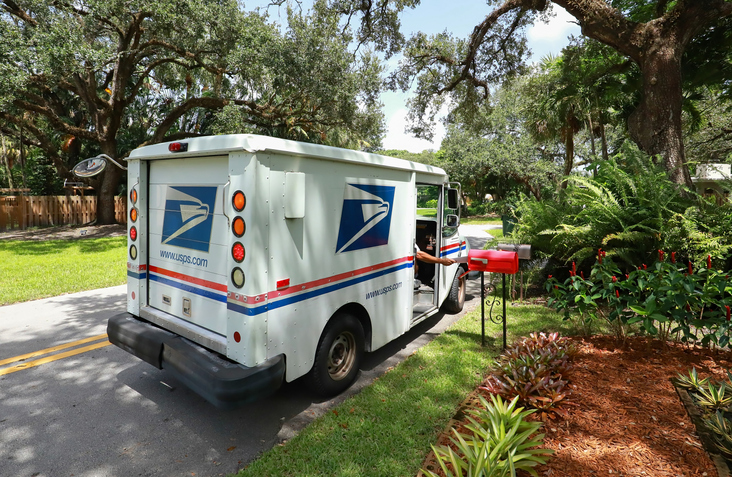In the United States, thinking and talking about death can be somewhat taboo, with many people preferring to keep the end of life out of mind. This tendency — perhaps along with our collective enthusiasm for “living in the moment” — may have the unintended consequence of placing us at a disadvantage when it comes to being prepared for the inevitable.
All adults, no matter what age, should consider putting the following documents and plans in order. Doing so provides you peace of mind in knowing that your loved ones (including pets) will be taken care of, your property will be passed into the right hands, and your wishes for medical care will be followed through. Much of this advice is also useful in the case of emergencies, when you may be incapacitated for brief or extended periods of time.
Once you’ve got everything together, we recommend keeping all the printouts in a binder, with copies for applicable people. For added security, you may want to keep that binder in a fireproof safe with other important documents (like deeds and passports), but be sure to give your loved ones a copy of the key if you do.
Designate a Power of Attorney
Broadly stated, a power of attorney, or POA, is a legal document that authorizes another person to act on your behalf. Per Investopedia, the two key types of POAs are financial and health care, the latter also referred to as a health care proxy. A financial POA enables a person to do things like depositing checks, filing taxes, and managing investments, while a health care POA gives someone the ability to decide your medical treatments and end-of-life care. Learn more about health care proxies here.
You may want different people in your life to take on different roles, and you’ll want to be sure whomever you do choose you trust implicitly — but you should still clearly discuss your wishes with them so there’s no confusion as to how certain elements should be handled.
Some states require notarization of a POA form after it’s filled out. The forms vary from state to state, so your best bet is to either perform an internet search for the correct template for your region or consult a lawyer for help.
Give Sets of Keys to Trusted People
This one is a good idea for multiple reasons, not least that it could save you some money if you find yourself locked out of your house or car. It will also, of course, make things easier for loved ones who need to enter your home, or a safe within your home, after your death. That’s particularly important if you have pets or kids.
Consider making a couple sets of keys, labeling them, and giving them to the closest people in your life.
Create a Living Trust
Living trusts are legal documents that take effect, as the name suggests, while you’re still living — contrasting from wills, which take effect upon your death. They involve placing your assets within a trust and assigning a trustee to manage those assets when you no longer can, including if you become ill or otherwise incapacitated.
One of the major benefits of a living trust is that it can prevent your property from entering probate after you die, which can be costly and time consuming for your loved ones. It may also prevent them from incurring certain estate taxes. The process to create one is slightly more complex than it is for a will, however, so whether or not it’s the right choice for you will depend on a few factors. Click here to learn more.
A living trust does not designate guardianship for children or animals — to do that, you will need a will.
Create a Will
A will specifies how you would like your assets to be distributed after you die. It can also be used to designate guardians for minor children, dependents, or pets, and to describe your preferences for end-of-life arrangements — such as whether you’d like to be buried or cremated.
Should you die without a will (what’s called dying “intestate”), the future of your assets and dependents will be determined by your state’s laws of descent and distribution. If you’d like to provide for people or organizations those laws do not necessarily recognize — like stepchildren, godchildren, friends, or charities — a will is essential.
Wills can be relatively simple to create, and there are websites that guide you through the process, but we recommend consulting with an estate attorney if possible.
Assign Beneficiaries for All Financial Accounts
Another way to ensure your loved ones are taken care of and your assets go where you want them to is by specifically assigning beneficiaries for each of your financial accounts, including checking and savings accounts and any retirement accounts or investments (like 401Ks, Roth IRAs, and HSAs, for example).
Assigning beneficiaries may provide faster access to funds than a will does, as the latter must go through probate first, and the former typically overrides any conflicting instructions within that will.
Unlike life insurance (another option you might consider), many financial accounts do not automatically ask you to designate beneficiaries. You’ll likely need to go into your settings to do so. If you have any trouble figuring out the steps for each account, call the institution for help.
Create a Username and Password Document
Here’s another piece of advice that can prove helpful in life as well as in death. Creating a document with your usernames and passwords will ensure your loved ones and/or the executor of your will can access your accounts or devices when needed.
You could go the digital route and create one password-protected document (being sure to give that password and the link to a select person or two) or the analog route and write each one out on a piece of paper that you keep in the aforementioned binder.
Consider including usernames and passwords for your email, bank accounts, government institutions like the DMV, student loan accounts, health insurance, and mortgage lender, as well as streaming services and newspaper subscriptions.
Assign Legacy Contacts
A legacy contact is someone who can assume control of a device or account after you’ve died, without having to jump through hoops to access the data within. Setting up legacy contacts on social media will allow your loved one to create posts on your behalf or turn your Facebook page into a memorial rather than an active profile, for instance.
Click here to learn how to set up a legacy contact for Apple, here for Google, and here for Facebook. Instagram doesn’t currently have a legacy contact option, but you can request that a deceased person’s account be memorialized here.











